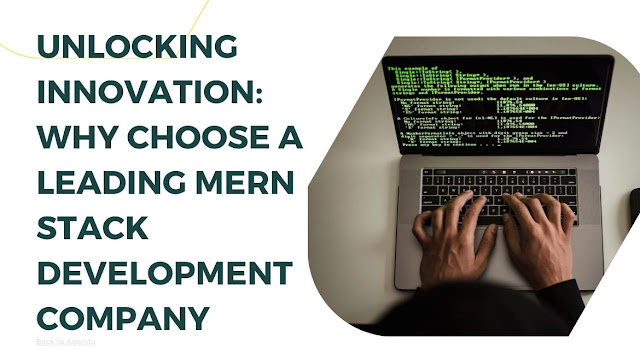Why Should You Choose MEAN Stack Application Development?
Choosing the MEAN stack (MongoDB, Express.js, Angular, and Node.js) for application development can offer several advantages.
Here are some reasons why you might consider choosing the MEAN stack
Full-stack JavaScript
The MEAN stack enables you to develop applications using a single language—JavaScript—for both server-side and client-side development. This allows for seamless communication and code sharing between different components of your application, reducing development time and effort.
Open-source and active community
All the components of the MEAN stack are open-source, meaning they are freely available and have a large community of mean stack developers supporting them. This translates into extensive documentation, tutorials, and a wealth of resources to assist you in the development process.
Rapid development
MEAN stack promotes a rapid development workflow. With JavaScript as the common language throughout the stack, you can reuse code and libraries across different layers, which saves time and reduces development complexity.
Single-page applications (SPAs)
MEAN stack is well-suited for building single-page applications, where the content is dynamically updated without requiring a full page reload. Angular, a robust front-end framework, provides powerful tools for building SPAs, offering a smooth and responsive user experience.
Scalability
The MEAN stack components are designed to handle high levels of traffic and are scalable by nature. Node.js, the server-side runtime, is known for its event-driven, non-blocking I/O model, allowing it to efficiently handle concurrent requests. MongoDB, a NoSQL database, can easily scale horizontally to accommodate growing data needs.
JSON-based communication
MEAN stack applications typically use JSON (JavaScript Object Notation) for data interchange between the server and the client. JSON is lightweight, human-readable, and widely supported, making it easy to work with and integrate with other systems.
Flexibility and versatility
Each component of the MEAN stack can be used independently, allowing you to choose the best tools for your specific requirements. For example, if you prefer a different front-end framework, you can replace Angular with React or Vue.js, while still leveraging the other MEAN stack components.
It's important to note that while the MEAN stack offers numerous benefits, it might not be the ideal choice for every project. Consider factors such as project requirements, team expertise, and compatibility with existing systems when evaluating whether the MEAN stack is the right fit for your application development needs.




Comments
Post a Comment